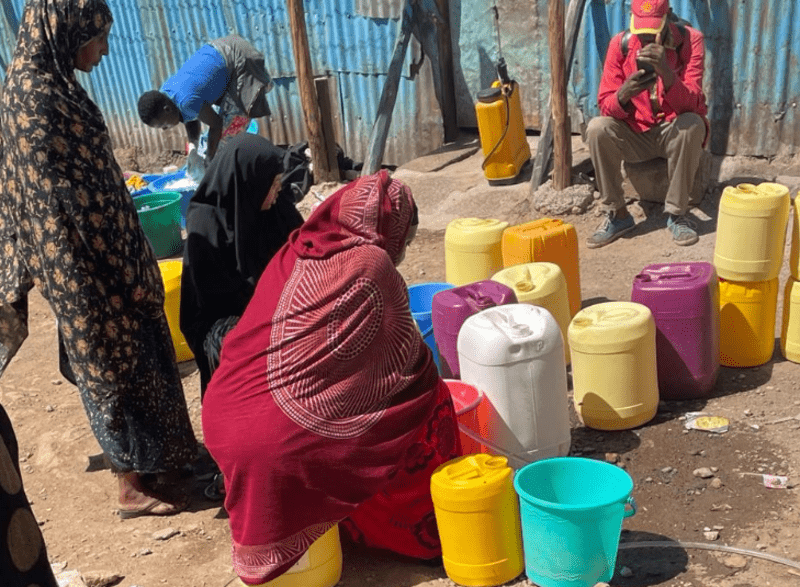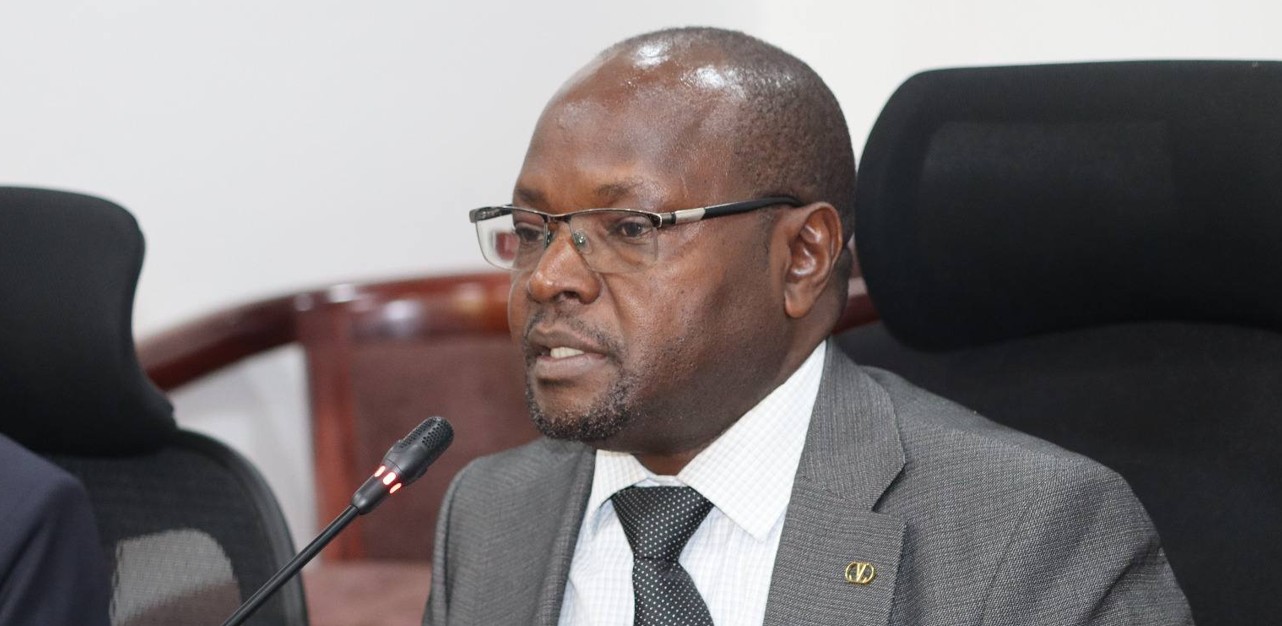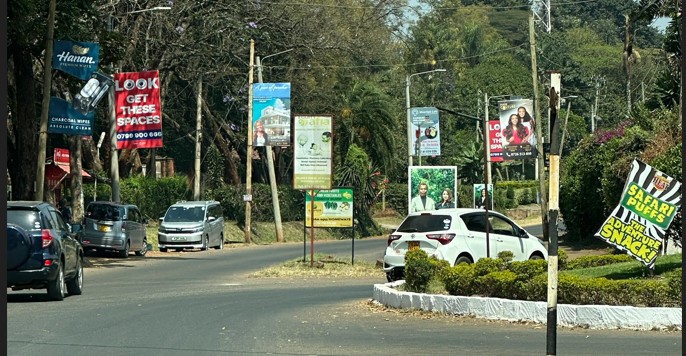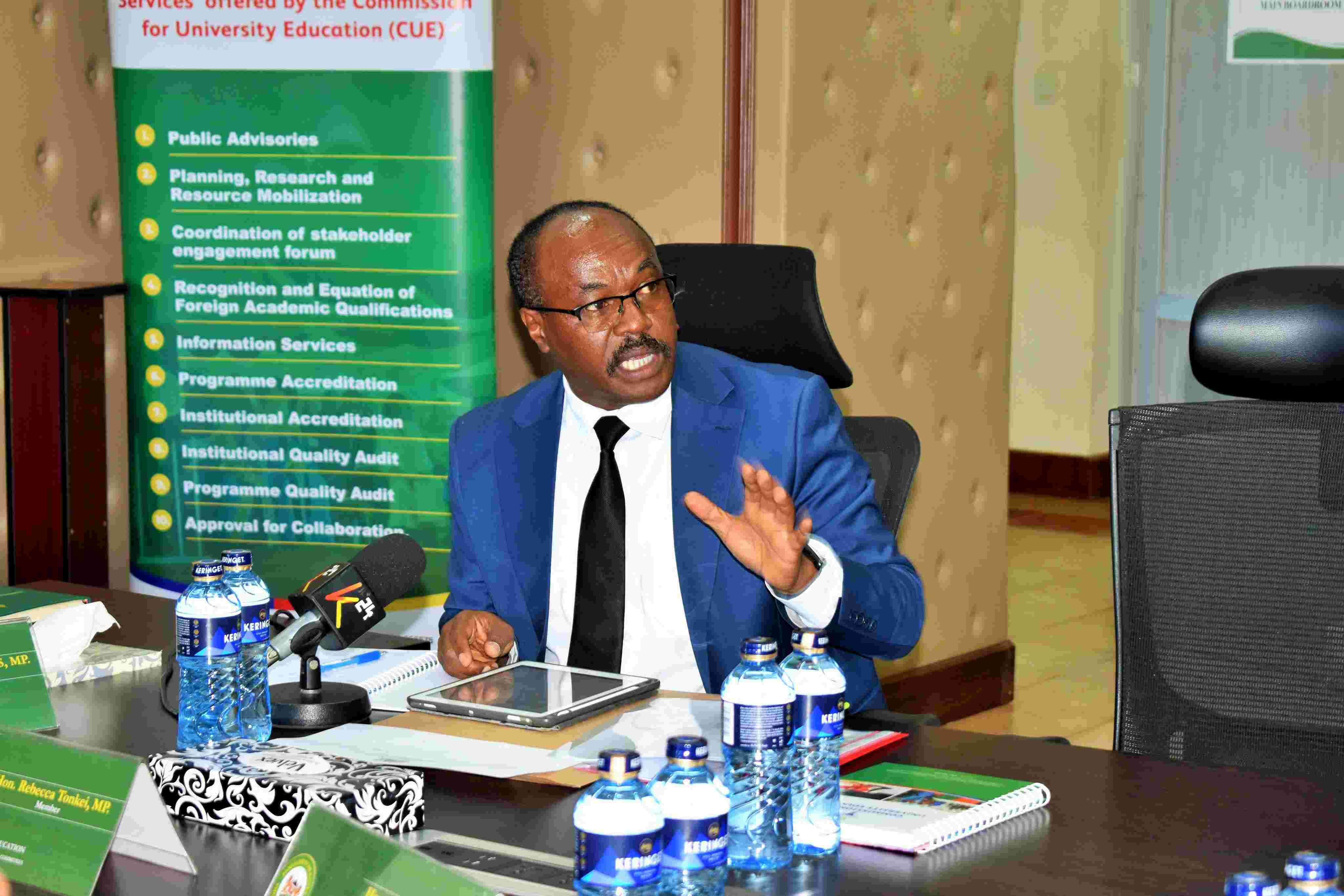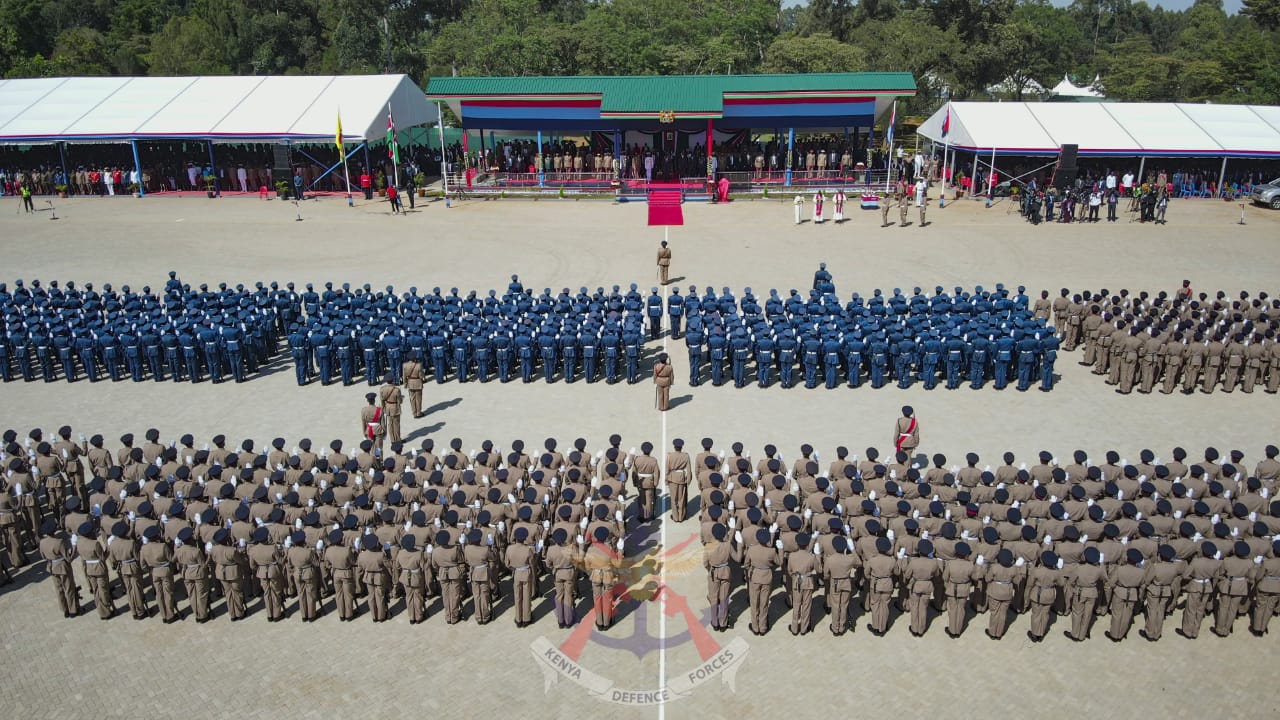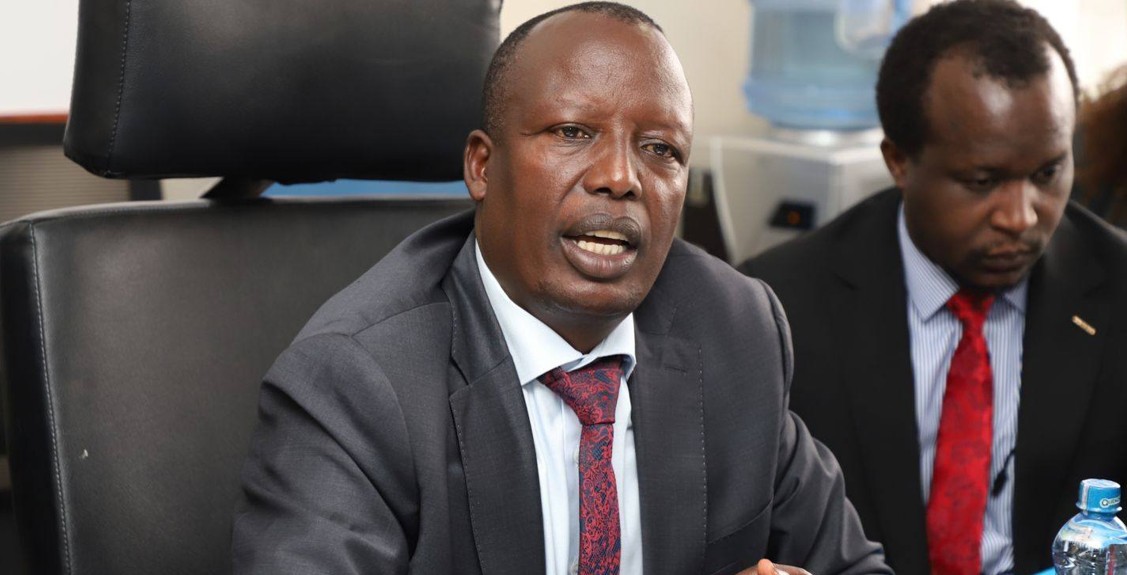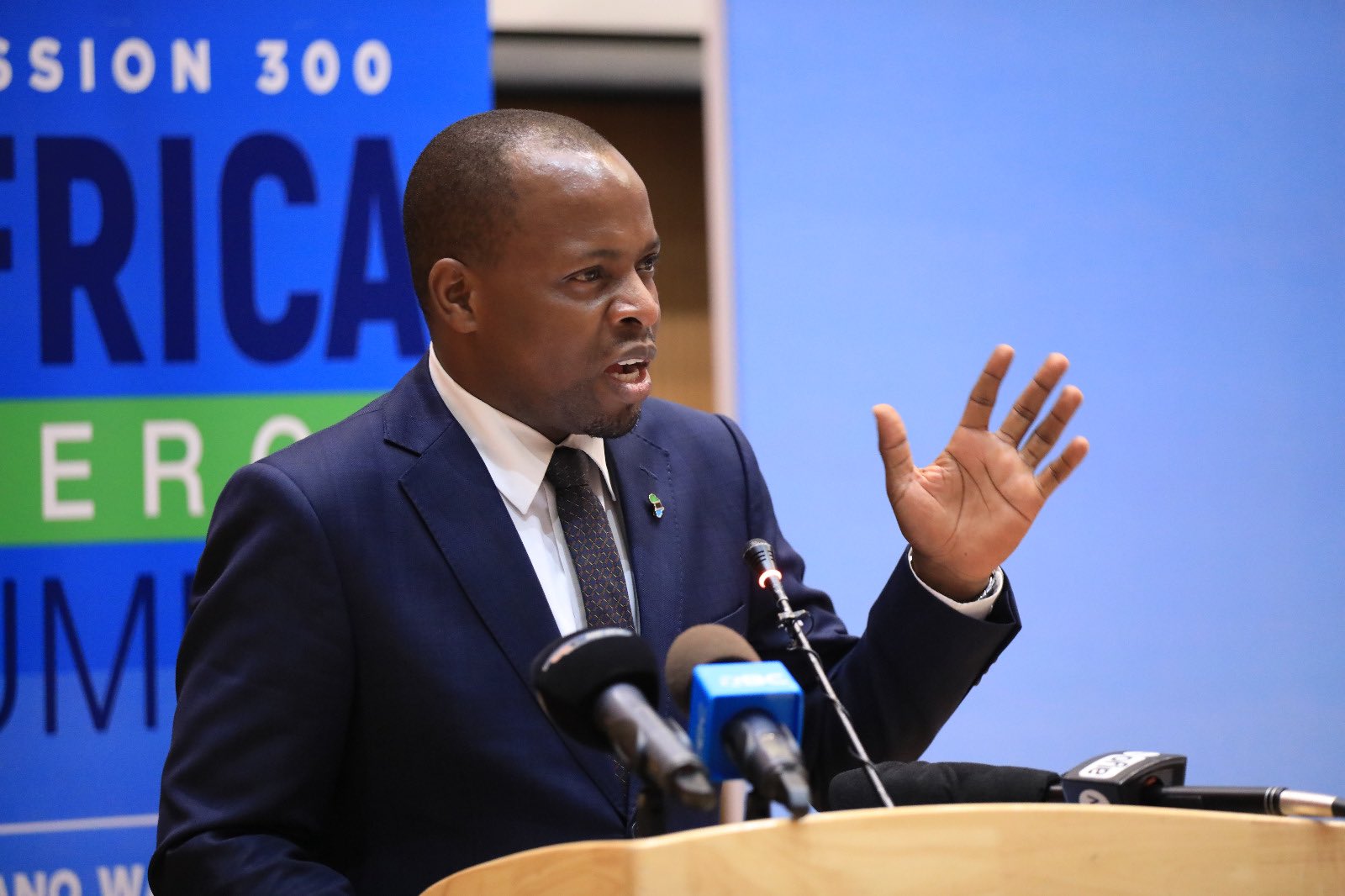Development spending slips below 10 per cent again, threatening jobs creation and infrastructure goals
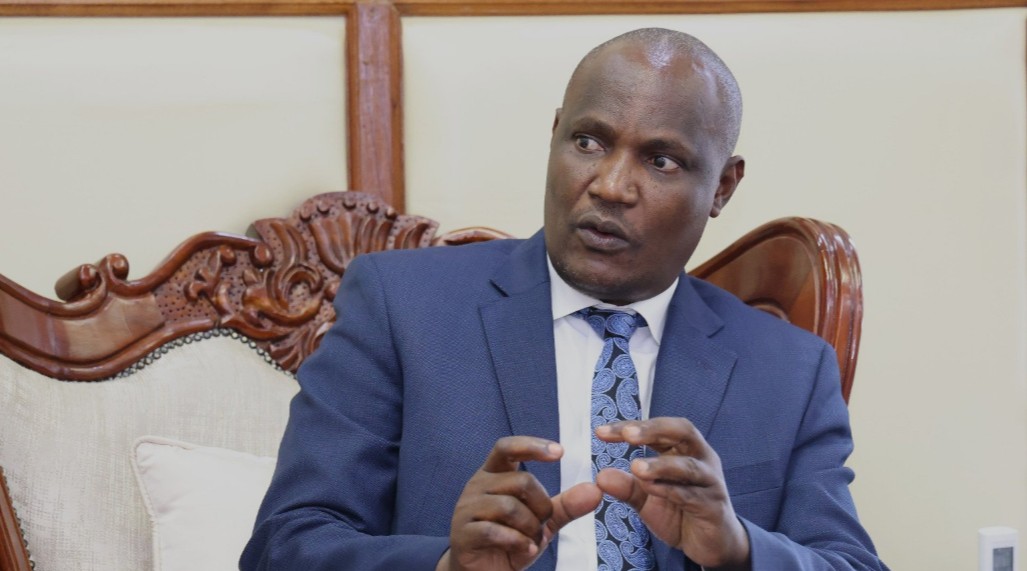
This marks the second year in a row where the government has spent a single-digit share of its budget on capital projects, an indication that long-term investments continue to take a back seat as short-term obligations consume more public funds.
The share of government spending allocated to development projects has once again dropped below 10 per cent, highlighting a continued shift in focus toward recurrent expenses and raising fresh concerns about stalled job creation and delayed infrastructure goals.
New figures released by National Treasury Cabinet Secretary John Mbadi show that Sh335.08 billion was spent on development initiatives during the 2024/25 financial year, out of a total withdrawal of Sh3.57 trillion from the exchequer.
More To Read
- Pressure mounts on finance executives to operationalise County Assembly Funds
- Auditor General flags misuse of Sh6.5 billion emergency funds
- Governors warn of service paralysis as e-procurement dispute deepens
- IEBC declares preparedness for November 27 mini-polls as Treasury releases funds
- MPs question proposed sale of East African Portland Cement shares to Tanzanian firm
- No new levies in 2026 budget as Treasury focuses on improving revenue efficiency
This translates to just 9.39 per cent of total government expenditure, with most of the funds directed towards salaries, office operations, and debt obligations.
This marks the second year in a row where the government has spent a single-digit share of its budget on capital projects, an indication that long-term investments continue to take a back seat as short-term obligations consume more public funds.
Traditionally, development budgets are the first to be slashed whenever the government adjusts its spending plan through supplementary budgets.
Treasury officials have often explained that operating costs for public offices cannot be cut easily, leaving development as the most flexible component for reductions.
In the last financial year, the allocation for domestically funded development projects was reduced from Sh458.87 billion to Sh351.34 billion.
On the other hand, the budget for recurrent expenditure, excluding debt repayments, rose from Sh1.35 trillion to Sh1.44 trillion, showing a clear preference for meeting immediate running costs.
Parliament had approved a 14.9 percent increase in development spending, covering both local and donor-funded projects, for the current year ending June 2026, bringing the total capital allocation to Sh721.52 billion.
However, the National Assembly’s Budget and Appropriations Committee has cast doubt on whether this will be fully honoured.
“The committee observed that while the financial year 2025/26 development expenditure is projected to increase, historically, development allocations tend to be front-loaded in the original estimates but are frequently revised downward in supplementary budgets,” the committee chaired by Samuel Atandi (Alego Usonga MP) noted in its report to the House.
“Therefore, the projected increase should be interpreted cautiously, as it may not translate into actual spending unless structural bottlenecks in development execution are addressed.”
The consistent downward revision of development budgets risks slowing down delivery of key infrastructure and undermining efforts to tackle unemployment, particularly among youth, who depend on such investments for job opportunities and economic inclusion.
Top Stories Today

